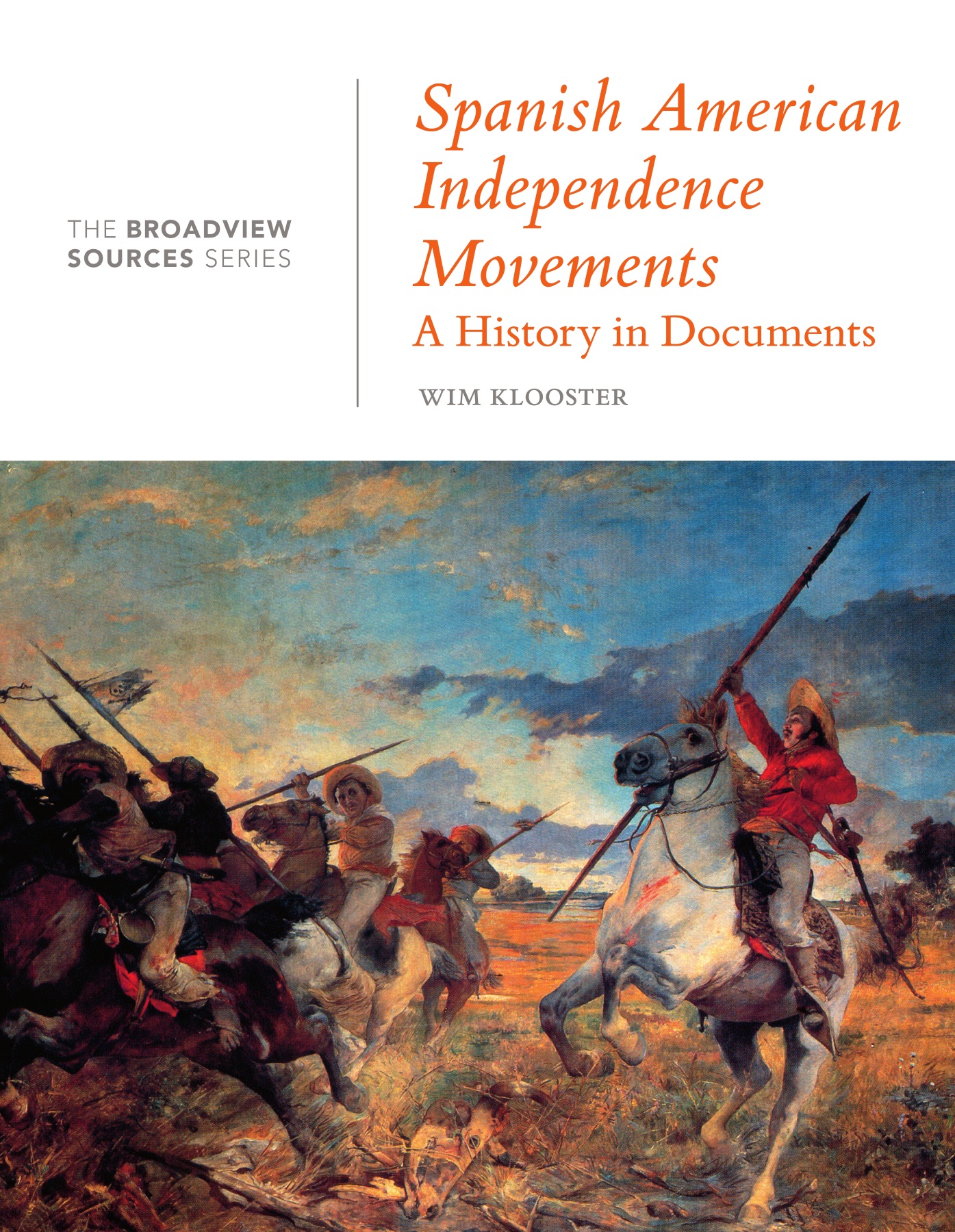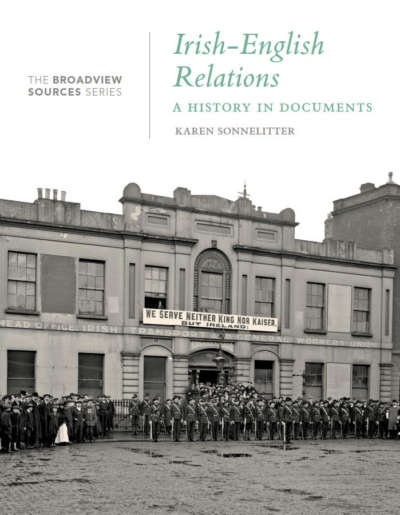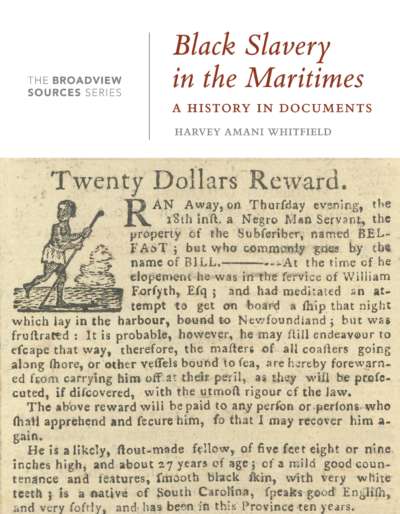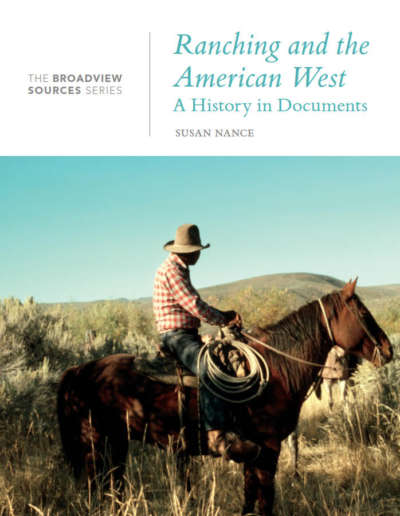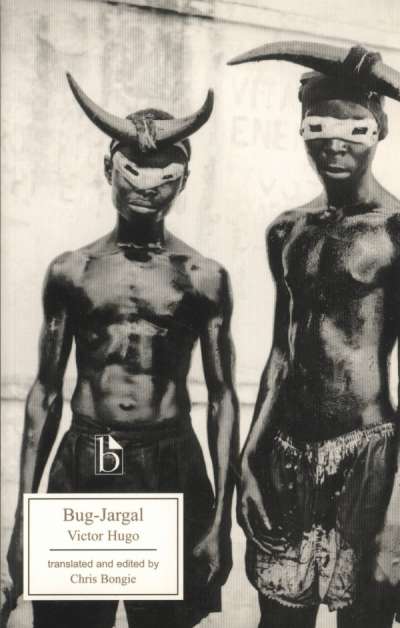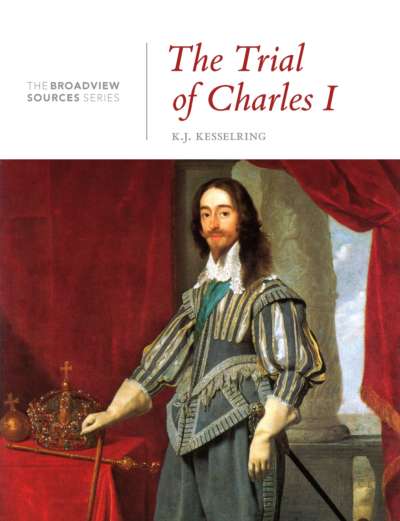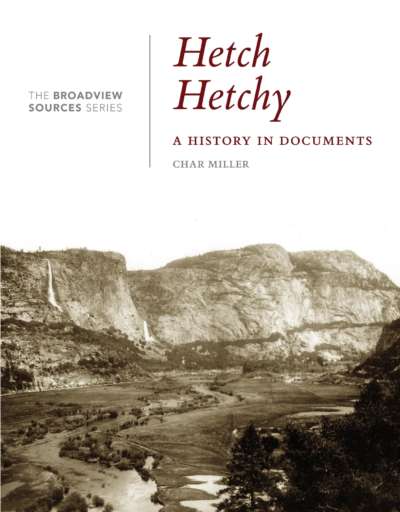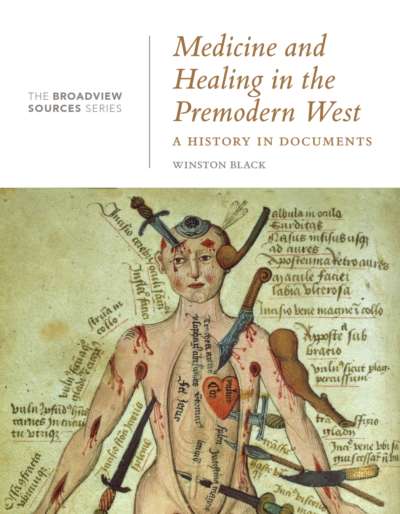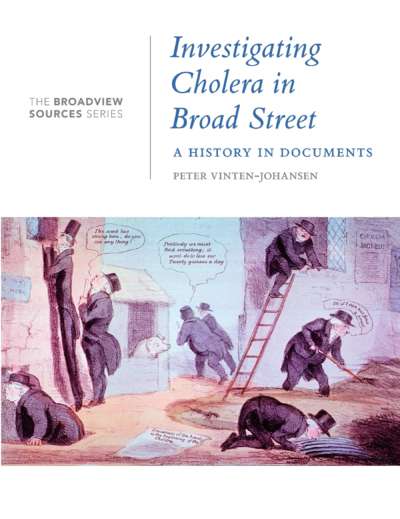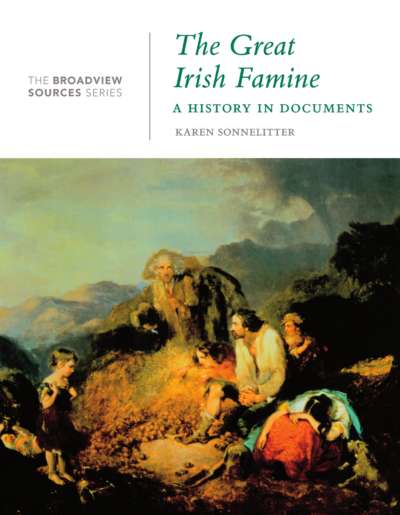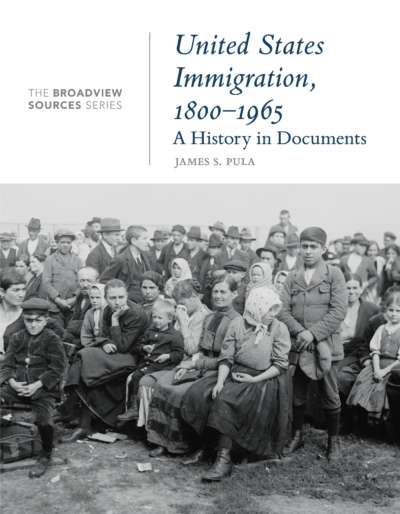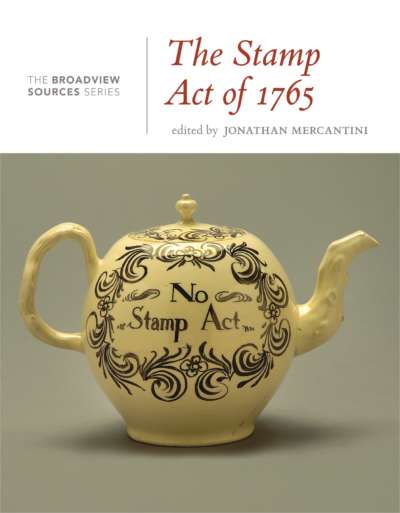The independence movements of Spanish America in the early nineteenth century constitute one of the main junctures in Latin American history. Not only did they put an end to Spanish colonialism in mainland America; they also created the modern countries stretching from Mexico in the north to Chile and Argentina in the south.
Spanish American Independence Movements sheds light on the complicated period from 1780/81, when Peru was rocked by Túpac Amaru’s revolt, through 1826, when independence fighters defeated the last Spanish forces in mainland America. Wim Klooster offers a rich and wide-ranging introduction to the period and provides primary documents—most appearing in English for the first time—that reveal the arguments and struggles not just of the rebels but also of those who remained loyal to Spain.
Comments
“This is an invaluable collection for teaching and research. With a helpful framing introduction informed by the latest scholarship, a glossary, maps, and timelines, it sets the stage for a wide range of documents and voices from the revolutionary era. It is impressive in its scope, incorporating sources from Europe and the Americas, from across the ‘Indies’ and straddling the lines between rebels and loyalists. It is truly a magnificent volume.” — Jeremy Adelman, Henry Charles Lea Professor of History, Princeton University
“This volume offers an excellent selection of primary sources that gives voice to the diverse historical actors who witnessed and participated in the Spanish American Independence movements. Wim Klooster's detailed and thought-provoking introduction, along with the rich variety of intellectually stimulating documents, will prove to be a valuable research and teaching resource.” — Cristina Soriano, Villanova University
“This documentary history of the Independence of Spanish America showcases impressive breadth of geographical coverage (in the Americas and in Europe), provides complete chronological coverage of the Independence Era, and includes the voice and agency of plebeians, blacks, elites, and foreign observers alike. This outstanding volume is a necessary and useful resource for students, instructors, and researchers of Latin America and the Age of Atlantic Revolutions.” — Fabrício Prado, College of William & Mary
Alternate Table of Contents: Documents Separated by Region
Introduction
- Background: Ethnicity, Culture, and Power in the Spanish Territories
- Early Revolts and Rebellions
- The French Revolution and Spanish America
- Napoleon’s Invasion of Spain and the Imperial Crisis
- The Road to a Constitution
- The Constitution of Cádiz
- Revolts in New Spain
- Creole Ascension in the Río de la Plata
- South America’s Southern Theater
- New Granada: South America’s Northern Theater
- The Perils of Self-Governance
- Fernando’s Return
- Bolívar’s Success
- Peru and San Martín’s Achievement
- South America’s Final Battles
- Mexican Independence
- Central America
- Political Renewal
- Social Changes
Chronology
Questions to Consider
PART 1: PRELUDE
- 1. Doña Micaela Bastidas to Messrs. Governors Don Baltasar Cárdenas, Don Tomás Enríquez, and Don Mariano Flores, Tungasuca, 15 December 1780
- 2. Interrogation of José Ortiz, Medellín (New Granada), 21 December 1781
- 3. Silvestre García, royal councilor, to [Governor Luis de Las Casas], Havana, 9 February 1795
PART 2: IMPERIAL CRISIS
- 4. Juan Pablo Viscardo y Guzmán, Letter to the American Spaniards, Philadelphia, 1799
- 5. Napoleon to Joachim Murat, lieutenant general of the Kingdom of Spain, Bayonne, 11, 21, and 26 May 1808
- 6. Salvador José de Muro y Salazar, Marquis of Someruelos, Proclamation to the Inhabitants of Cuba, Havana, 17 July 1808
- 7. Memorandum of grievances (Memorial de Agravios), cabildo of Bogotá, 20 November 1809
- 8. The Superior Junta of Cádiz to Spanish America, 28 February 1810
- 9. The Governing Junta of Caracas to the Constituted Authorities of All Towns of Venezuela, 1810
- 10. El Diario Político de Santafé de Bogotá, 18 September 1810
PART 3: INDEPENDENCE MOVEMENTS TAKE OFF
- 11. Edict of Manuel Abad y Queipo, bishop of Michoacán, Valladolid (Mexico), 24 September 1810
- 12. Juan Bautista Díaz Calvillo, Discourse about the Ills that Disunity between Overseas and American Spaniards Can Cause
- 13. Miguel Hidalgo, Proclamation to the American Nation, Guadalajara, 21 November 1810
- 14. Statement by the Royal Trade Guild of Mexico against American free trade, Mexico City, 16 July 1811
- 15. Manifesto for the World by the Federation of Venezuela, Caracas, 30 July 1811
- 16. Speech by José Miguel Guridi y Alcocer, deputy of Tlaxcala (Mexico), in the Cortes of Cádiz, 4 September 1811
- 17. Act of Independence, Cartagena de Indias, 11 November 1811
- 18. Manuel Ignacio González del Campillo, bishop of Puebla, to José Maria Morelos, Puebla, 14 November 1811
- 19. Robert Semple, Sketch of the Present State of Caracas; Including a Journey from Caracas through La Victoria to Puerto Cabello, 1812
- 20. Political Constitution of the Spanish Monarchy, Promulgated in Cádiz on 19 March 1812
- 21. Interrogation and punishment of Francisco Cudina, April–August 1812
- 22. El Grito del Sud [Buenos Aires], 21 July 1812
- 23. George Dawson Flinter, A History of the Revolution of Caracas: Comprising an Impartial Narrative of the Atrocities Committed by the Contending Parties, Illustrating the Real State of the Contest, Both in a Commercial and Political Point of View, 1813–14
- 24. José de Bustamante, governor and captain-general of Guatemala, to the Council of Regency, Guatemala, 3 March 1813
- 25. Manifesto for the Mexican People by the Representatives of the Provinces of North America, Chilpancingo, 6 November 1813
- 26. J.P. Robertson and W.P. Robertson, Four Years in Paraguay: Comprising an Account of That Republic under the Government of the Dictator Francia, ca. 1814–15
- 27. Manuel Belgrano to José de San Martín, Santiago del Estero, 6 April 1814
- 28. José Miguel Carrera, Proclamation by the Restorative Army to Its Brothers in Concepción, 1814
PART 4: FERNANDO’S RESTORATION, CONTINUED WARFARE, AND INDEPENDENCE
- 29. José Hipólito Unanue, To the King, Our Lord. The Thinker of Peru, 1815
- 30. Simón Bolívar, letter from Jamaica, 6 September 1815
- 31. Rafael Sevilla, Memories of an Officer in the Spanish Army: Campaigns against Bolívar and the American Separatists, 1815
- 32. Simón Bolívar, decree regarding the emancipation of enslaved people, Carúpano, Venezuela, 2 June 1816
- 33. Brigadier Francisco Tomás Morales to Pablo Morillo, Ocumare, 15 July 1816
- 34. Proclamation by Javier Mina, Explaining the Motives for His Expedition, Galveston, 22 February 1817
- 35. British Foreign Office, “Confidential Memorandum”
- 36. Bernardo O’Higgins to José de San Martín, Concepción, 30 July 1817
- 37. H.M. Brackenridge, Voyage to South America, Performed by Order of the American Government, in the Years 1817 and 1818, in the Frigate Congress
- 38. Decree issued by Bernardo O’Higgins, Santiago de Chile, 3 June 1818
- 39. Pablo Morillo to Spain’s Ministry of War, Montalbán, 4 July 1818
- 40. Pablo Morillo to Spain’s Minister of War, Caracas, 20 September 1818
- 41. Nicolás Cabrera to the militia of free blacks and mulattoes, Buenos Aires, 16 February 1819
PART 5: IMPERIAL DEFEAT AND CONSTRUCTION OF NEW REGIMES
- 42. J.R. Rengger and M. Longchamp, Historical Essay on the Revolution of Paraguay and the Dictatorial Government of Dr. Francia. Part of the Voyage to Paraguay, 1819
- 43. Testimony of Juan José García before Antonio Fominaya, governor of Socorro, Socorro (New Granada), 12 March 1819
- 44. J.P. Robertson and W.P. Robertson, Letters on South America; Comprising Travels on the Paraná and Rio de La Plata, 1819–20
- 45. Richard Longfield Vowell, Campaigns and Cruises, in Venezuela and New Grenada, and in the Pacific Ocean; from 1817–1830
- 46. Law adopted by Colombia to confiscate the possessions of Spaniards, 1821
- 47. Lionel Hervey to the Marquis of Londonderry, Madrid, 27 May 1822
- 48. Basil Hall, Extracts from a Journal, Written on the Coasts of Chili, Peru, and Mexico, in the Years 1820, 1821, 1822
- 49. Francisco María Roca, Friend of the Country or Essays about the Happiness of This Province, 1822
- 50. Antonio José de Sucre to Simón Bolívar, Yungay, Peru, 25 February 1824
- 51. Manuel Antonio López, Historical Memories of Colonel Manuel Antonio López, Deputy to the General Staff of the Liberating Army: Colombia and Peru, 1819–1826
- 52. Gaceta del Gobierno de Lima, 1 January 1825
- 53. Law issued by Peru’s Governing Council, forcing enslaved people to return to work, Gaceta del Gobierno de Lima, 22 September 1825
- 54. Constitution of Bolivia, 22 November 1826
Glossary
Select Bibliography
Index
Wim Klooster is Robert H. and Virginia N. Scotland Chair in History and International Relations at Clark University. He is the author of Revolutions in the Atlantic World: A Comparative History and co-editor of The Atlantic World: Essays on Slavery, Migration, and Imagination.

